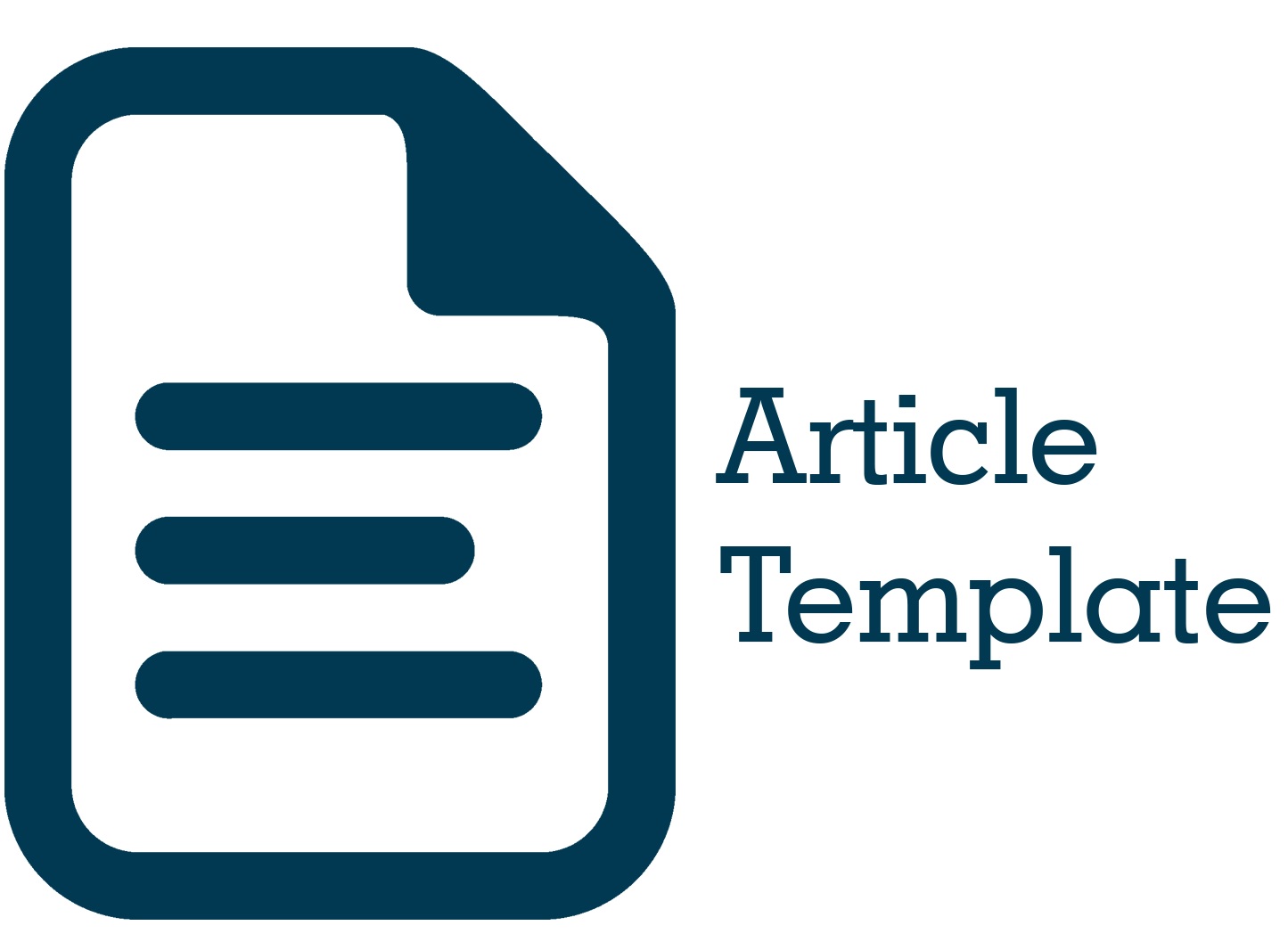Implementasi Kebijakan Elektronik Online Pelayanan Kependudukan (E-Open)
DOI:
https://doi.org/10.51135/PublicPolicy.v5.i1.p40-57Keywords:
Public Policy, Implementation, E-OpenAbstract
This study aims to look at the implementation of the E-Open policy at the Bekasi City Population and Civil Registry Service using the George Edward III Implementation in which there are 4 indicators, namely communication, resources, disposition, and bureaucratic structure. The research method used is a qualitative method. The results of this research explain that the implementation of the E-Open policy has gone well, seen from the following indicators: 1) Communication: the information conveyed to the public regarding E-Open has been conveyed clearly. 2) Resources: human resources, information and facilities provided support the implementation of E-Open although they still need improvement. 3) Disposition: employees already have good commitment and ability and understand E-Open but lack the speed of response in responding to problems. 4) Bureaucratic structure: in the implementation of E-Open there are SOPs and distribution of responsibilities according to applicable regulations.
Downloads

Downloads
Published
How to Cite
Issue
Section
License
Authors whose manuscripts are published in the Journal of Public Policy must agree to the following terms;
- Publication rights for all manuscript materials published are held by the editorial board with the author's consent.
- The legal formalities for digital access to the Journal of Public Policy are subject to the Creative Commons Attribution Sharealike (CC BY SA) license, which means the Journal of Public Policy has the right to store, redistribute, reformat, manage in a database, maintain, and publish the manuscript without seeking permission from the author as long as the author's name is included as the copyright owner.
- Published manuscripts are open access for the purpose of disseminating research results. Besides this purpose, the editorial board is not responsible for copyright law violations.


.png)



